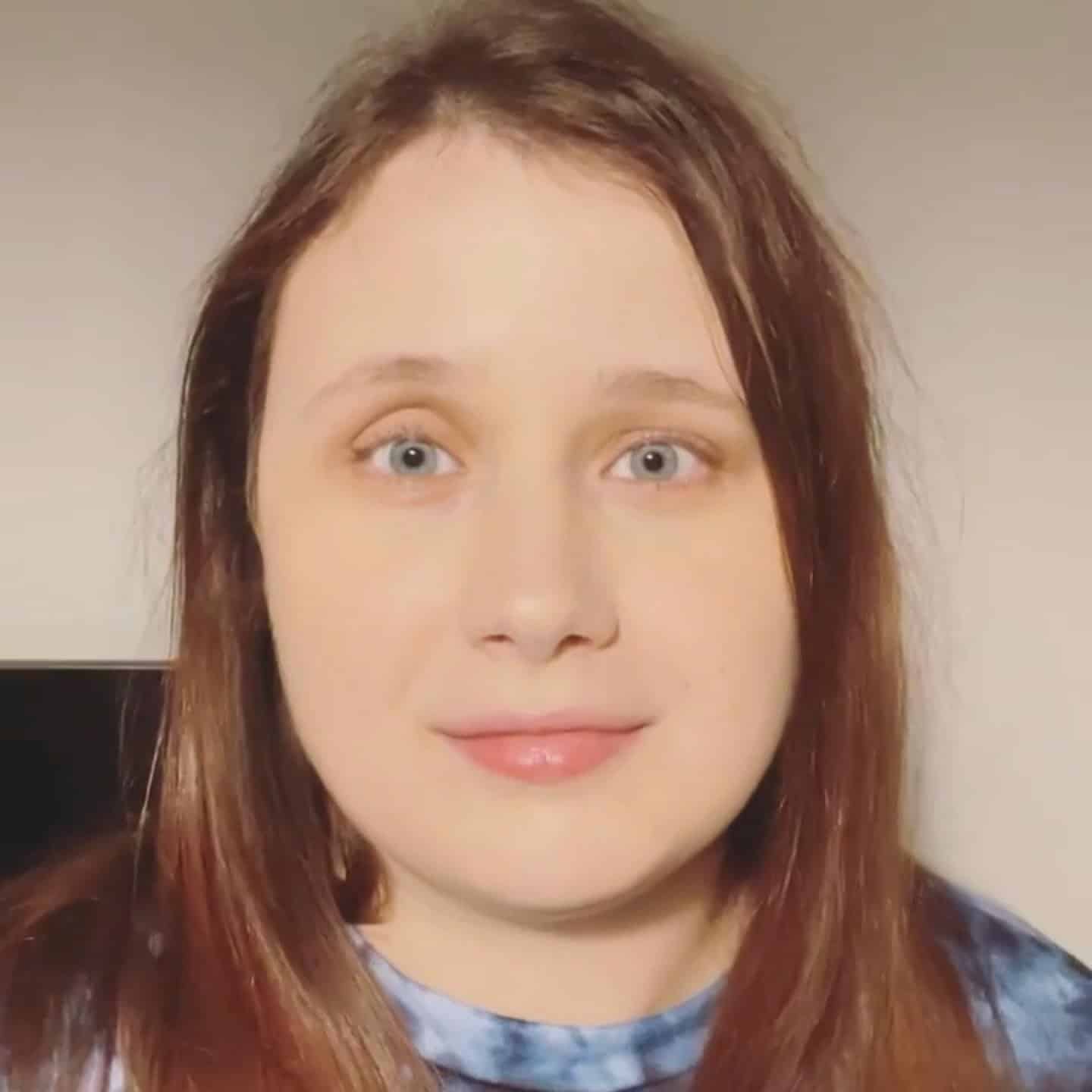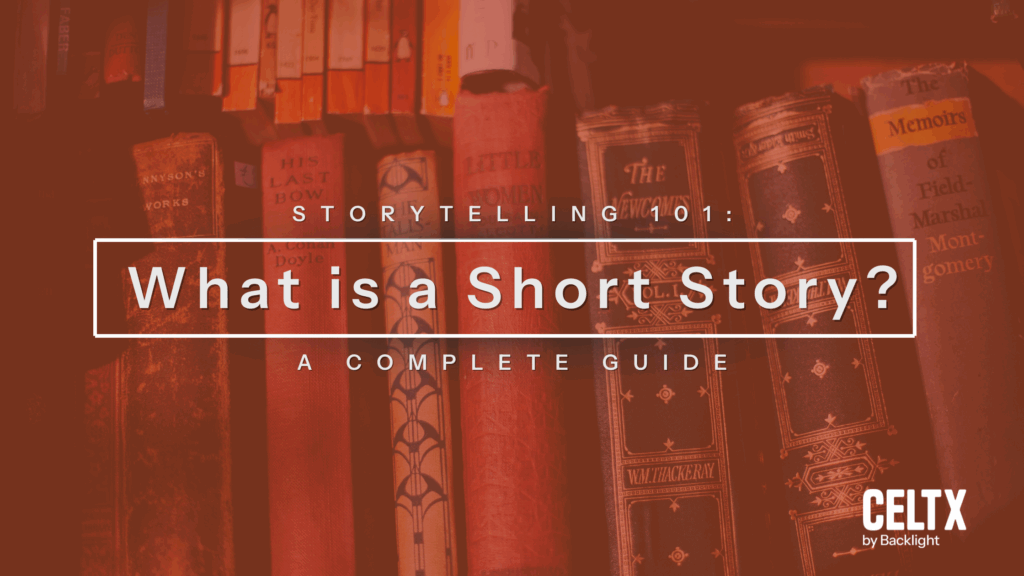
In a world buzzing with content, from novels to movies, TV shows to poetry and plays, short stories remain a powerful form of storytelling. Not only do they capture complex emotions and vivid moments within a tight framework, but are literary snap shots that are brief, intense and often unforgettable.
So how do you capture your reader in such a short space on time? Well, that’s where Celtx comes in! In today’s blog, we’ll be breaking down everything you need to know about short stories, from their purpose and structure to how you can write your very own.
Are you sitting comfortably? Well, regardless, let’s begin!
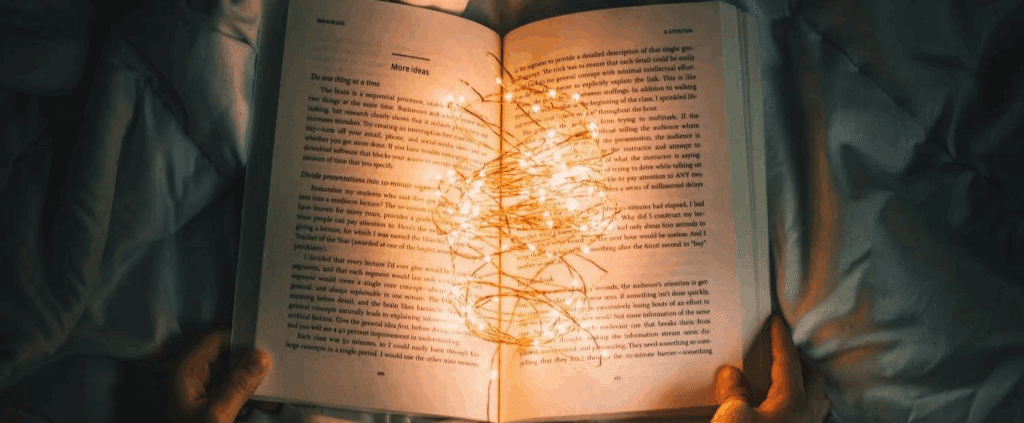
Table of Contents
- What is a Short Story?
- How Long is a Short Story?
- Short Stories vs. Novels vs. Screenplays
- Famous Short Stories
- Short Stories Across Mediums
- How to Write Your Own Short Story
- Tools to Plan and Format Your Story
- FAQ
- Conclusion
What is a Short Story?
A short story is a concise narrative that typically revolves around a single idea, character, or incident.
Unlike novels that build sprawling worlds and complex arcs, short stories aim for impact within a limited word count. Often, they’ll explore a moment of change, realization, or conflict in a character’s life.
While they may be brief, don’t be fooled! Short stories demand precision, and every single word must carry weight. Writers often find that focusing on one pivotal moment like a breakup, discovery or encounter that reveals something profound about the characters or theme can help ground their narrative clearly.
“A good short story crosses the borders of our nations and our prejudices and our beliefs. A good short story asks a question that can’t be answered in simple terms. And even if we come up with some understanding, years later, while glancing out of a window, the story still has the potential to return, to alter right there in our mind and change everything.” – Walter Mosley
Just like novels, short stories span all genres. They can be horrors, romances, sci-fi, literary fiction and even experimental forms. Some are dialogue-heavy while others are more brooding. Either way, all short stories share one goal: to move the reader swiftly and effectively.
How Long is a Short Story?
Okay, so while a short story needs to be just that: short, there’s actually no hard rule on how long one should be. Usually, they fall between 1,000 and 7,500 words but let’s break that down a little more:
Flash fiction: under 1,000 words
Short story: 1,000 to 7,500 words
Novelette: 7,500 to 20,000 words
Novella: 20,000 to 50,000 words
While some contests or publishers may allow stories up to 10,000 words, most favor shorter pieces for readability and impact. The key is to tell a complete and satisfying story, regardless of word count.
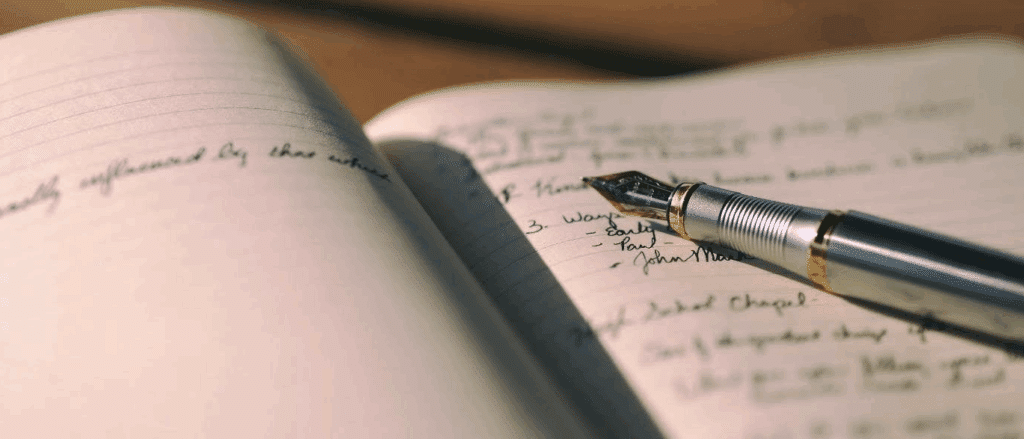
Short Stories vs. Novels vs. Screenplays
Though short stories, novels, and screenplays are all storytelling mediums, they are significantly different in terms of their forms and intent.
Let’s explore them in more depth:
Scope and Depth
When it comes to how detailed and deep a story goes, short stories will tend to center on a single moment or theme, usually with limited characters and setting. When it comes to a novel, they’ll also allow for subplots, detailed backstories and more expansive development of the narrative.
On the other end of the spectrum is the screenplay which is more of a visual blueprint for film or TV, focusing on dialogue and action rather than characters’ internal thoughts.
Pacing
Short stories move fast, and you’ll rarely find the slow burns or elaborate exposition that novels are filled with. There’s always an immediacy to the pacing, often starting in the middle of the action, or with a character already facing conflict. There’s no time for a lengthy set up in a short story!
Format
While most short stories, novels and screenplays will generally follow the three-act story structure, they are all formatted differently.
Short stories are often compact and self-contained, while novels will expand into chapters and sometimes more elaborate narrative structures. Screenplays are a very different beast, structured into scenes and formatted with industry-standard cues like INT., EXT., and CUT TO:.
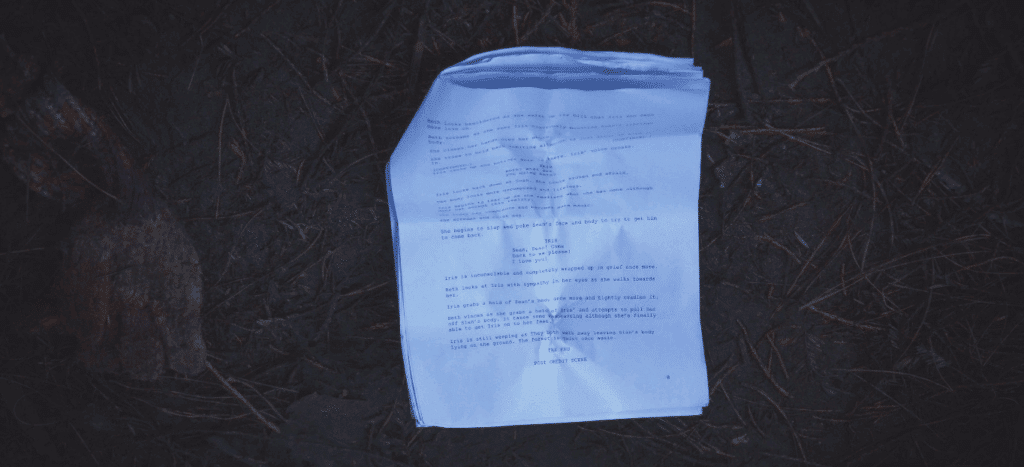
Narrative Style
The beauty of the short story is that we can experiment more with voice and structure. Think non-linear timelines, unreliable narrators and second-person POV (to name just a few).
By contrast, screenplays must be more practical and direct as they serve as a production document that multiple members of the crew will refer to during a shoot.
Famous Short Stories
Now we know more about the short story, let’s spotlight some of the must-reads across genres and eras that showcase the brilliance of the form.
The Lottery by Shirley Jackson
Published in The New Yorker in 1948, The Lottery caused uproar, resulting in thousands of readers cancelling their subscriptions.
Why? Well, writer Shirley Jackson masterfully lures the reader into a quaint American village where townsfolk gather for what seems like a harmless tradition. But what transpires is a chilling and violent ritual that’s carried out without question.
The ordinary setting but disturbing circumstances opened many people’s eyes to the issues in society.
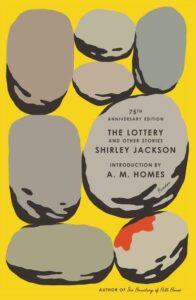
What We Talk About When We Talk About Love by Raymond Carver
Carver’s story features two couples sitting around a kitchen table drinking gin and discussing the elusive nature of love. Told in a conversational, almost bare-bones style, it captures the quiet despair and emotional ambiguity lurking beneath everyday interactions.
Carver’s writing style tends to focus on real people in emotional states and the rawness of real life.
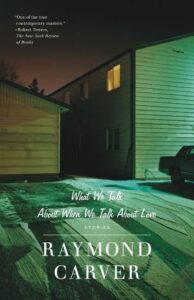
The Tell-Tale Heart by Edgar Allan Poe
First published in 1843, The Tell-Tale Heart is a masterclass in psychological fear. The unreliable narrator is the protagonist, insisting that they’re sane even as they recount the calculated murder of an old man due to his ‘vulture eye’. Guilt begins to consume the narrator, the persistent thump of the murdered man’s heart beneath the floorboards.
Poe’s short stories are a staple in American literature, laying the groundwork for modern psychological thrillers and detective fiction.
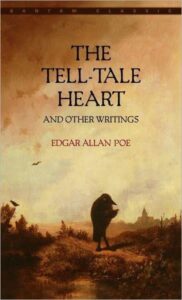
Short Stories Across Mediums
Another awesome aspect of short stories is their versatility. They don’t have to be confined to print; you can find short stories everywhere. Take a look at these examples of short stories across formats:
In Literature
- The Lottery by Shirley Jackson is a haunting critique of tradition and conformity.
- Cat Person by Kristen Roupenian is a viral story exploring modern dating dynamics
- Flannery O’Connor’s A Good Man is Hard to Find is a Southern Gothic tale meets philosophical reflection.
In Film
Did you know that 2016’s Moonlight was actually based on Tarell Alvin McCraney’s semi-autobiographical short story In Moonlight Black Boys Look Blue? The movie follows a boy’s coming-of-age in three acts, echoing the emotional impact of the original short story.
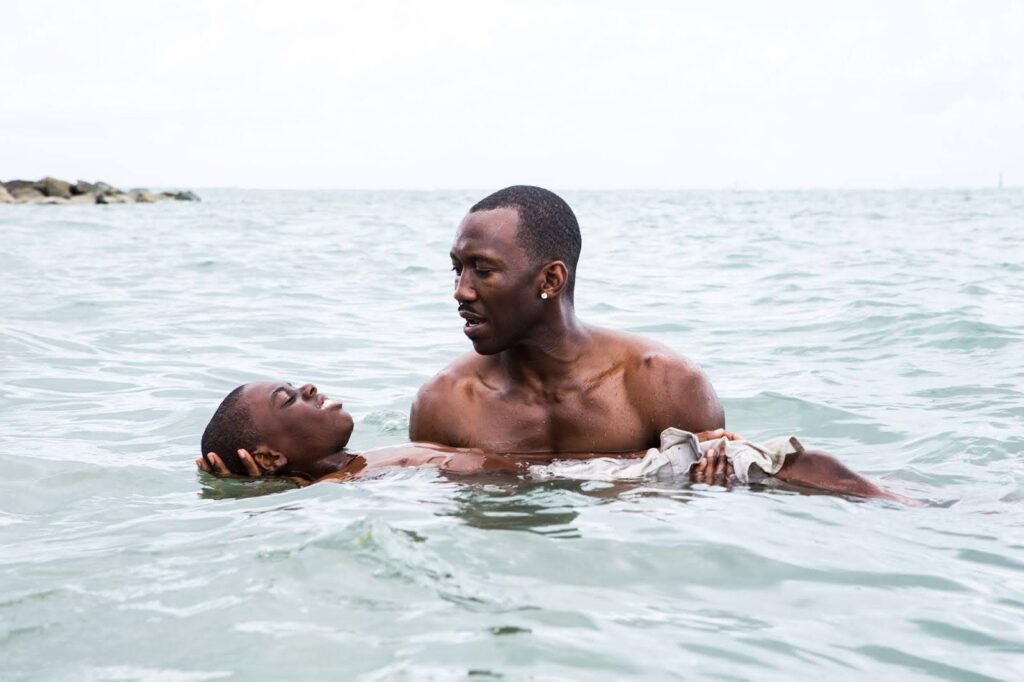
Short films can also capture the immediacy and thrill of a short story. World of Tomorrow by Don Hertzfeldt is a 16-minute animated film packed with existential themes and futuristic wonder.
In Podcasts
- Known as the modern-day Reading Rainbow for adults, LeVar Burton Reads features a different short story each episode. It’s read aloud by Burton, often followed by reflections.
- The Truth produces immersive audio dramas, each a self-contained story usually under 20 minutes long.
Short stories may be brief—but planning them takes real skill.
Use Celtx to build your story’s structure from the start.
Sign up today (it’s free!)
How to Write your Own Short Story
Now, you’re probably here because you want to write your own short story, right? Well, we’re not going to disappoint as next we’ll be covering all the tips and tricks you’ll need to write the best short story possible.
Start with a Spark
Inspiration can come from anywhere. It could be a line of dialogue, photo, memory or even a ‘what if?’ scenario. Whichever idea you decide to focus on and expand, make sure to focus on a moment of change. What shifts for your character emotionally or physically?
Need some inspiration for your next short story? We have 999 Short Story Ideas just for you.
Develop a Strong Central Conflict
Every great story has tension. Even in quiet literary stories, there’s an internal or external force pressing against the character.
For more on how to craft conflict in your stories, check out our dedicated blog right here.
Limit Your Scope
Avoid introducing too many characters or plotlines. In short stories, it’s best to stick to one to three characters and only one central theme or arc that spans the narrative.
Begin Late, Leave Early
Drop the reader directly into the action and exit once the emotional or narrative arc concludes. Don’t over-explain or linger or you could risk losing your reader.
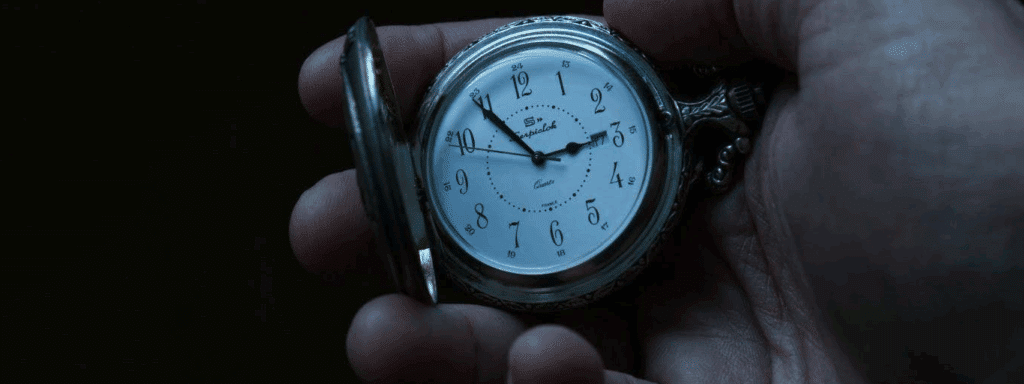
Show, Don’t Tell
Every single sentence in your short story should serve the narrative. Use dialogue, sensory detail, and action to reveal character and plot and avoid on-the-nose statements that slow down and dull your narrative.
Edit Ruthlessly
Short stories require tight, purposeful writing so it’s crucial that you cut anything that doesn’t serve the characters, tone or tension. Don’t be afraid to edit as that’s where the real magic happens!
Get Feedback
Feedback, whether it’s from a friend, writing group, or online community is invaluable to your creative process. If you’re able to get some outside perspective on your work, it can make the world of difference when it comes to refining your writing.
Tools to Plan and Format Your Story
Whether you’re a plotter or a pantser, having the right tools helps streamline your writing process. Here are out top picks of tools that can help you plan your next short story.
Planning Tools
- Scrivener is great for organizing story elements all in one place.
- Notion or Trello help you track characters, themes, and narrative timelines.
- Good old fashioned index cards or sticky notes are ideal for visualizing story beats.
For advice on how to write strong narratives, check out The Moth for podcasts and workshops.
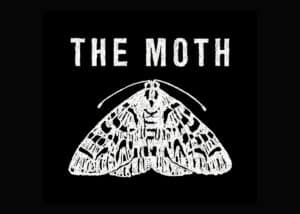
Writing and Formatting
- For easy accessibility, try Google Docs or Microsoft Word.
- Campfire or Plottr are helpful if you’re a visual thinker planning character arcs.
- While Grammarly catches those pesky grammar issues, make sure to use your own judgment for tone and style.
- The Hemingway App highlights sentence complexity to help you write clearer prose.
And if you decide to branch out into short films (we think you should!), Celtx will be your new best friend. Our screenwriting and film production suite is a one-stop shop for all your filmmaking needs.
Discover all things Celtx and short films here.
FAQ
Is a short story a good place to start if I want to write a short film?
100%! Many award-winning short films begin as short stories. Writing prose helps you hone emotional beats and character arcs before translating them visually. Consider adapting your short story into a screenplay after testing how well it stands on its own.
How do you convert a short story to a full-length piece?
Look for what’s implied. Could you expand a subplot? Could one of your character’s backstories become its own narrative arc? If your readers are left wanting more, it’s a great sign that your story could grow into a novella, novel, or feature film.
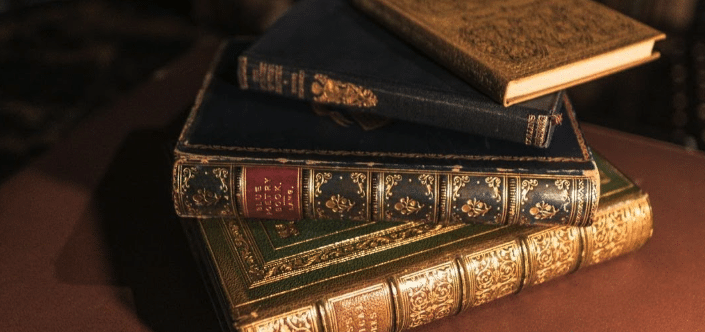
Can I publish my short story online and still submit it to contests or journals?
Yes, but it depends on the rules. Some contests and journals consider anything posted publicly, even on blogs or sites like Medium or Substack. Some do not, so it’s always a good idea to check submission guidelines carefully.
Do I need a twist ending?
No, but a strong emotional resolution is key. Your story should leave the reader with a sense of completion, surprise or resonance. If your story is crying out for a twist, add one in.
How do I get my story published?
Start with literary magazines or online platforms. Here are some of our top picks:
- Narrative Magazine
- The New Yorker (extremely competitive)
- Flash Fiction Online
Alternatively, you can always self-publish via blogs, newsletters, or Kindle Singles.
Conclusion
Short stories are deceptively simple. They require economy, precision, and depth; all within a limited space. Whether you’re reading Jackson or Jenkins, writing your first flash piece, or adapting fiction into film, short stories remain one of the most dynamic forms of expression available to creators today.
So, start with that idea that’s been lingering in your mind. Write it down. Trim it. Shape it. Share it. Who knows? Your short story could be the next one to leave a lasting impression.
Up Next:
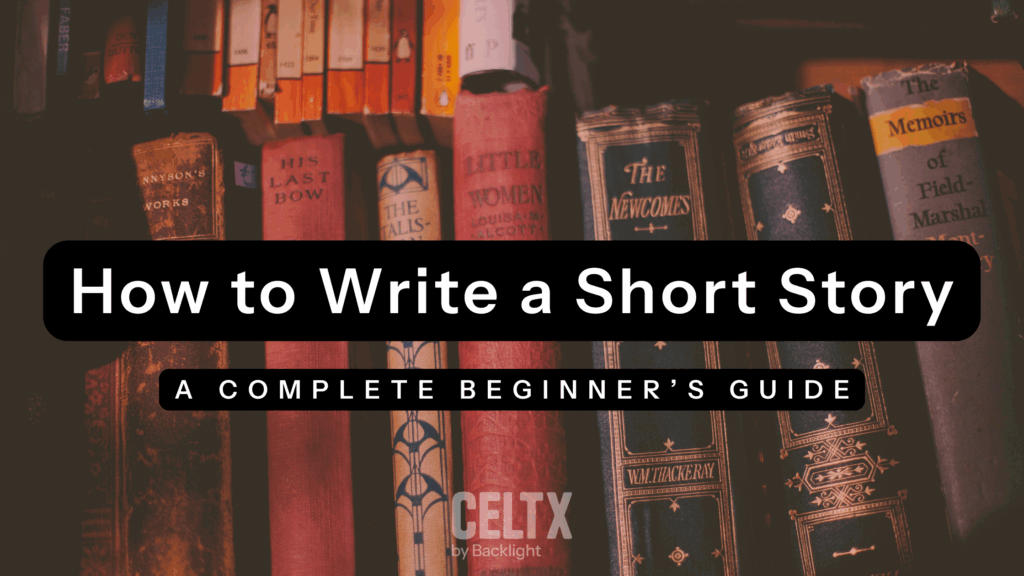
How to Write a Short Story (Beginner’s Guide)
Now that you know what a short story is, it’s time to write one. we’ll walk you through the process in this guide, step by step.
